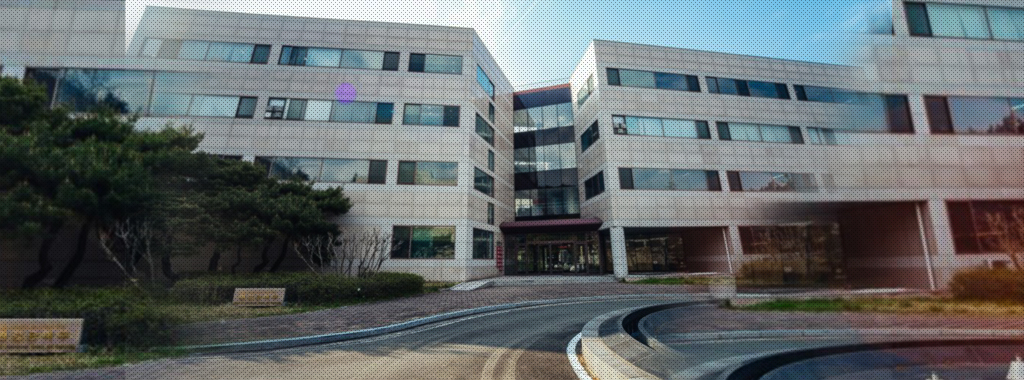Scientist founds bioplastic startup
Hwang Dong-soo, an associate professor at the Pohang University of Science and Technology (POSTECH), is doing what his colleagues wouldn't normally do.
 | | Hwang Dong-soo |
Instead of selling off his technology to companies, Hwang, 42, a scientist who develops plastic ingredients from organic matters, started his own business to sell them himself.
His company, ANPOLY, manufactures biopolymers ― nanocellulose and nanochitin from pulp and crab shell ― and sells them to manufacturers of plastic goods.
"Cellulose and chitin are not easily dissolved which makes them desirable for making plastic. Also, they are abundant in nature and recyclable, which means a big potential for industrial purposes. Providing these ingredients is where I think I can contribute," Hwang said as to what prompted him to start his own business.
His business is far from making money. Although bioplastic ingredients have gained traction recently, chemical polymers are so cheap and widely available that businesses like Hwang's barely survive.
His business endeavor is driven by his vision for the future of more naturally degradable plastic.
At no other time has the importance of bioplastic been heralded so widely. It's because abundant plastic waste began posing health and environmental threats to humans. According to studies, plastic waste ends up in the ocean and threatens marine ecosystems as marine animals eat the particles. The plastic-eating animals are also consumed by humans, causing health consequences.
Acute symptoms and consequences on human health are yet to come. Studies on plastic's impact on human health are still too new to offer definite results.
Since it was invented in the early 20th century, plastic has contributed to quality of life. After the Second World War, plastic consumption exploded ― thanks to a price decrease ― and it began to pollute the rivers and oceans. Now, many rivers and oceans are believed to be polluted with plastic particles.
Hwang isn't involved in the day-to-day operations of the business. His business partner is in charge of selling the products, and Hwang is leading the research.
Following his successful attempts with pulp and crab shell, he is now doing a study to extract cellulose from rice plant chaffer.
When asked how he believes things went wrong, he said "people are too greedy."
In order to prevent the problem from exacerbating, he thinks, people should learn the proper way to recycle plastic products.
"Take a PET bottle for example. Normally, people throw the bottle into a recycling bin and that's all. But that's not enough. What you must do is to remove the cap and plastic label on the surface because they are different ingredients and pollute the PET bottle chunk. Also, you doing it well is not enough. Even if you do it well, if someone else leaves the cap on, it would not be possible to recycle."
He also stressed the importance of education on plastic recycling.
"Education is important. I recommend young people have school field trips to places where plastic gets recycled as part of the school curriculum. Only then, you can expect the behavior change."
He studied chemical engineering for his bachelor's degree. Later in his research career when he did his doctorate degree, he started focusing on environmental factors. His research focus is marine animals from which he attempts to find potential ingredients.
출처: http://www.koreatimes.co.kr/www/nation/2019/11/371_278577.html
|




